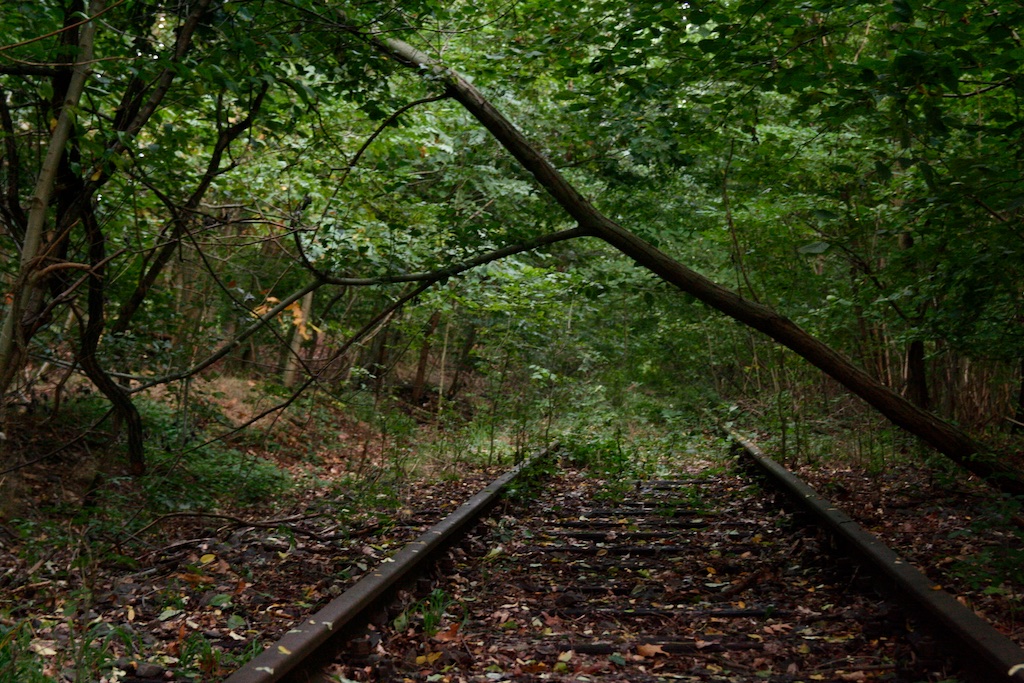
How bootlegger-baptist-dynamics encourage energy-industrial development in Dutch Natural areas; lecture for the German Wildlife Foundation (Berlin 14 december)
Summary:
Traditionally in public debates and mass-media-reporting on the environment, environmentalism is seen as ‘left wing’ while industrial and governmental economic interests are portrayed as ‘right wing’. The bootlegger-baptist economic game-theory of economist Bruce Yandle offers a more fresh approach to explain, how seemingly opposed (political and moral) interest-groups may mutually benefit. The connecting thread here is the financial industry, government debts and political globalism, the privitisation of public goods and space.
Here the ‘baptists’ (green NGO’s) offer the moral legitimacy for a type of industrial development paid with public taxation. While the governmental establishment and corporations (pe Unilever Eneco) in cooperation with WWF and ‘Dutch Society for Protection of Birds’…) provide funds and status to the ‘baptists’ of the environmental movement. In my presentation we explore the workings of bootlegger-baptist dynamics in The Netherlands, that legitimize windfarm development in bird areas by silent approval of the ‘bapitsts’. We show that the same strategy applies at the European Level.
Keywords: Lobbying, Natural Capital, Commons, Bootlegger-Baptist, Globalism, Propaganda

The End of Nature Conservation due to Environmentalism
Introduction
Is it ‘green’ to cut 66 thousand hectares of forest, and then pay 1 billion euro’s of subsidies for burning it in a ‘biomass’-plant? According to Dutch government (RVO) it is, and thus it pays 33 euro’s per Mwh of energy from burning wood in it’s latest ‘green’ subsidy-scheme; the SDE+. Is it green to cut forests to built windfarms? According to Dutch government and the State Forestry Service the answer is ‘yes’. And the 10 largest ‘green’ ngo’s that are supported by government also policitally support these policies.
If there was a Green Shakespeare writing an updated version of the Hamlet, he might have written about current climate-policy in EU-countries, especially The Netherlands; ’It is madness, yet there’s method in it’. What seems contradictory from an ecological perspective and from the perspective of ‘public good’ may nevertheless serve the rational self interest of various actors involved.

Even if these lobby-groups have different political outlooks.
For example, in mass-media ‘environmentalism’ has been framed as ‘left wing’ while ‘big business’ is framed as ‘right wing’. These categories however do not serve to explain the current practice of the industrialisation of nature, and taxation of the public in the name of ‘environmentalism’. By ‘environmentalism’ we take the definition from Donald Gibson:
“Environmentalism is not an attempt to solve specific problems. It is not primarily an effort to protect nature from unnecessary destruction. Environmentalism is a political doctrine. It is an expression of the worldview of certain groups.”
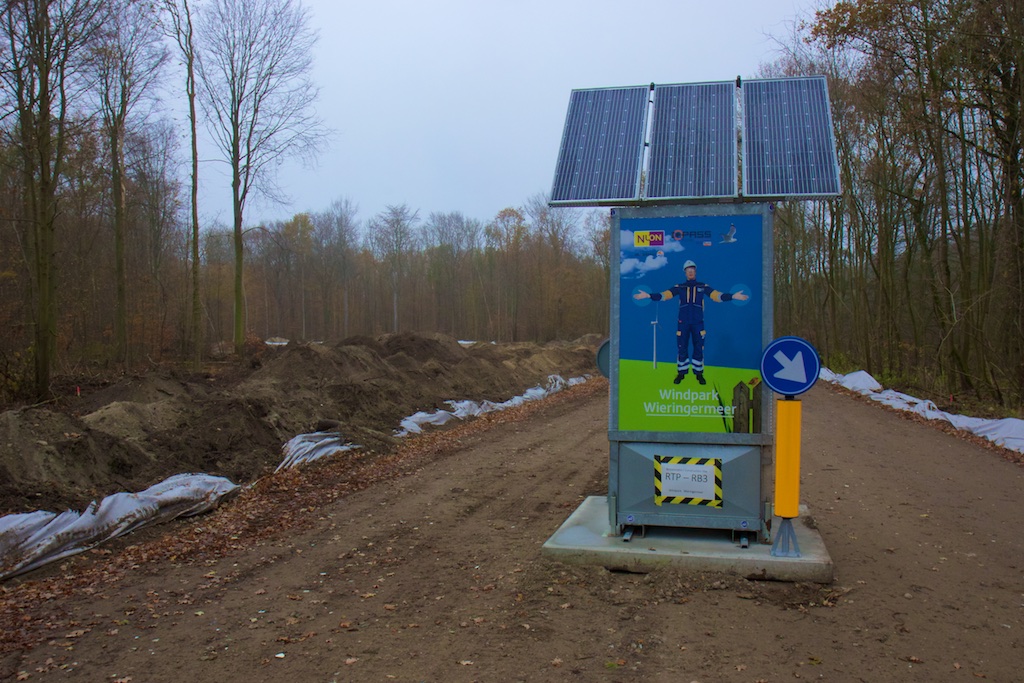
Forest Windfarming 🙂
Traditional nature conservation protects local habitats and species in reserves from economic exploitation. Environmentalism serves the political and financial interests of globalism as we demonstrate. By absorbing conservationists into ‘environmentalism’ through public funding, the Dutch Conservation has been reformed as ‘controlled opposition’ by influential Dutch politicians, that shaped both national and international environmentalism.
Outrage against windfarm-development in nature is now mostly supported by concerned citizens whose local natural areas are under threat by development. For example, the ‘knowlegde’-institute’ of these civillians is the Nationaal Kritisch Platform Windenergie (NKPW) led by former academic professor in civil law, Albert Koers. Protests are carried out with snapshot WordPress-sites and self-printed posters. Because all windfarm-development is declared of ‘national interest’ and law has been adapted for development, these protests are in-effective.
These protestors are labeled as ‘NIMBY’ not in my backyard, isolationists acting out of self-interest by the ‘environmentalist’-groups like WWF-NL, who operate on a marketing-budget of 50-60 million euro’s per year.
The framework that I offer to explain these dynamics in lobbying and the practice of industrial development in natural areas in the name of Environmentalism is economist Bruce Yandle his Bootlegger-Baptist-theorem (Yandle 1983)
Bootleggers are the ‘moonshiners’, the illegal liquor-salesmen, the Baptists the religious abolitionists taking the moral higher ground to ban drinking from public life. In our story the ‘greens’ are the ‘baptists’, providing the ‘moral higher ground’ for the public financing and regulations that bootleggers profit from at the expense of their competitors.
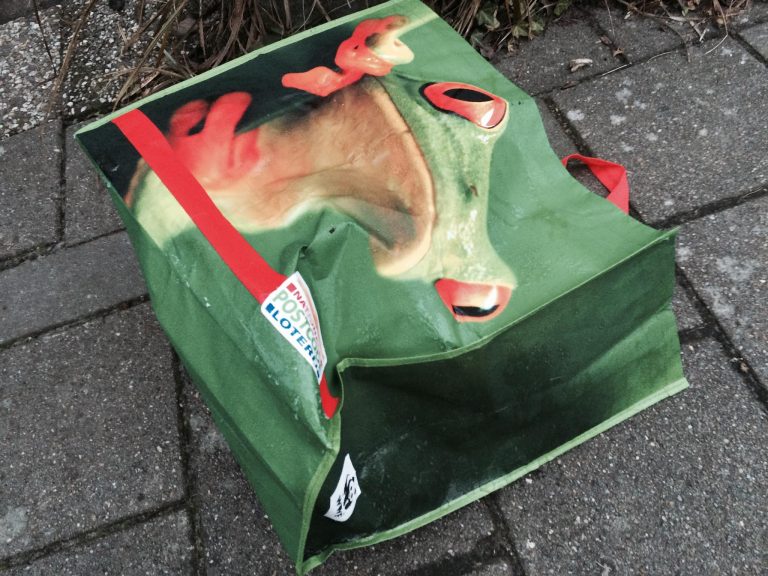
Postcode Loterij; financing NGO-marketing with tens of millions of euro’s per year
As Yandle summarizes his theorem:
The theory’s name is meant to evoke 19th century laws banning alcohol sales on Sundays. Baptists supported Sunday closing laws for moral and religious reasons, while bootleggers were eager to stifle their legal competition. Thus, politicians were able to pose as acting in the interests of public morality, even while taking contributions from bootleggers.
Yandle thus offers a framework that explains how international environmentalism (Climate, Renewable Energy) is sold to the public in the Netherlands and on the European Level. In this way ‘moralist’ arguments can be used to sell energy-industry in natural areas as ‘green energy’. Private Profits can then politically and ‘morally’ be justified with billions of euro’s of public money. The ‘green’ ngo’s act as controlled opposition, satisfied with the public funding and their ‘seat at the table’ of governmental power.
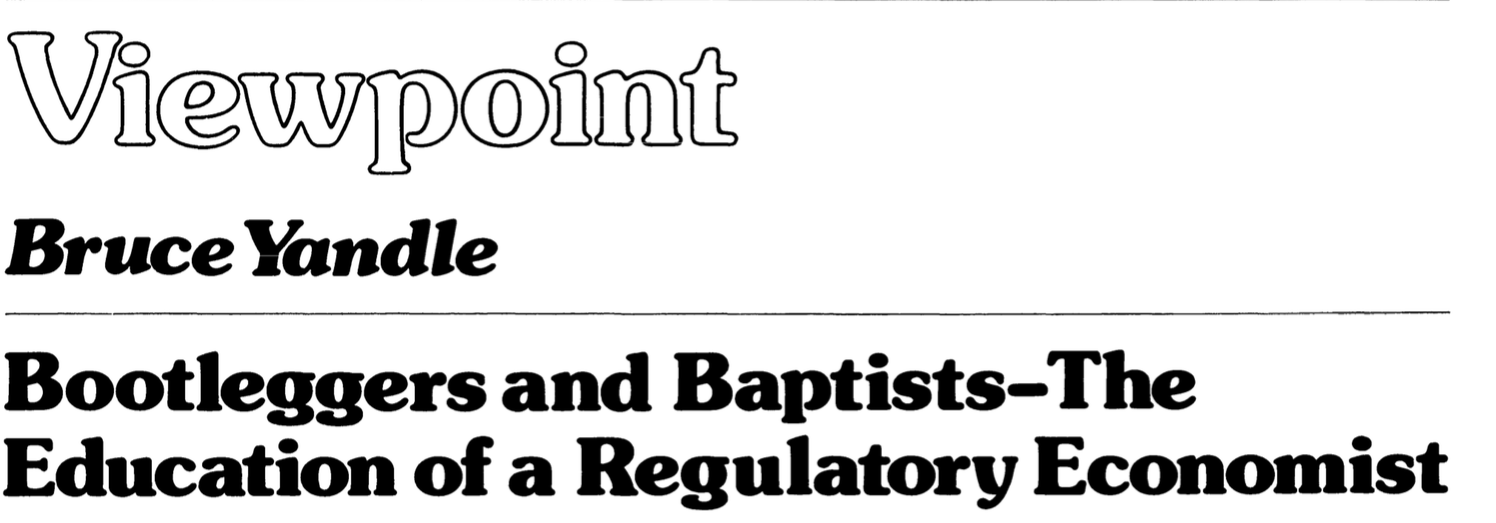
….
The End of Nature Conservation The End of Nature Conservation is a reference to ‘The End of Nature’ (McKibben 1988) of Climate Activist Bill McKibben.
His campaigning group 350 .org is sponsored by the Rockefeller Brothers Fund and other members of ‘big philantropy’. With ‘the end of nature’ McKibben meant that now humans even change the content of the atmosphere, no ‘nature’ could be found anywhere. His definition of ‘nature’ can be described as ‘the abscence of human influence’.
McKibben is strongly influenced by the American Wilderness-ideal in the Wilderness-act (1961) where ‘man is but a visitor who does not remain.’

Jaja
I argue here, that with the focus of ‘saving the world’ by McKibben-type environmentalism, one may lose contact with local realities. While traditional nature conservation is focussed on locally saving habitats and species. Through Bootlegger-Baptist-dynamics the protection of local nature is softened by environmentalist lobby-groups for the benefit of government-agencies and corporations.
Every investment in ‘global’ environmentalism means a derivation of funds from ‘local’, where small investments in ‘hands on’-conservation can make a difference. Also, the higher the cost of daily life through energy-taxes means that more money needs to be extracted from other budgets to make the ends meet.
For example, biologists of the Peregrine Fund helped re-establish the Peregrine falcon in the eastern United States from 1970 through breeding programmes. (Enderson 2005), with a starting budget of around 100 thousand dollars.
Effective conservation needs more enthousiasm of volunteers involved than money. (Currently the Fund is internationally active with a budget of 22 million dollars) Now, the budget for industrial development in nature in the name of ‘the environment’ far outweighs the budget for nature conservation.

Bootlegger Ed Nijpels
The provincial government of Friesland invests 127 million euro’s of public money in a windfarm in Natura 2000 of 89 turbines. This is advocated n the name ’climate protection’, to fullfill European obligations from the Renewable Energy Directive (2009). A windfarm of 88 windturbines in a comparable area (Delfzijl at the Wadden Sea) is known to kill over 5000 ‘protected’ birds per year, as the turbines were built on a bird migration route. (Altenburg & Wymenga 2014)
The Windpark Fryslan in the lake IJsselmeer will receive 1.2 billion euro’s of subsidies over a time-span of 15 years. This equals the national budget spent on ‘nature conservation’ (pe, management and restoration of natural areas) in one year.
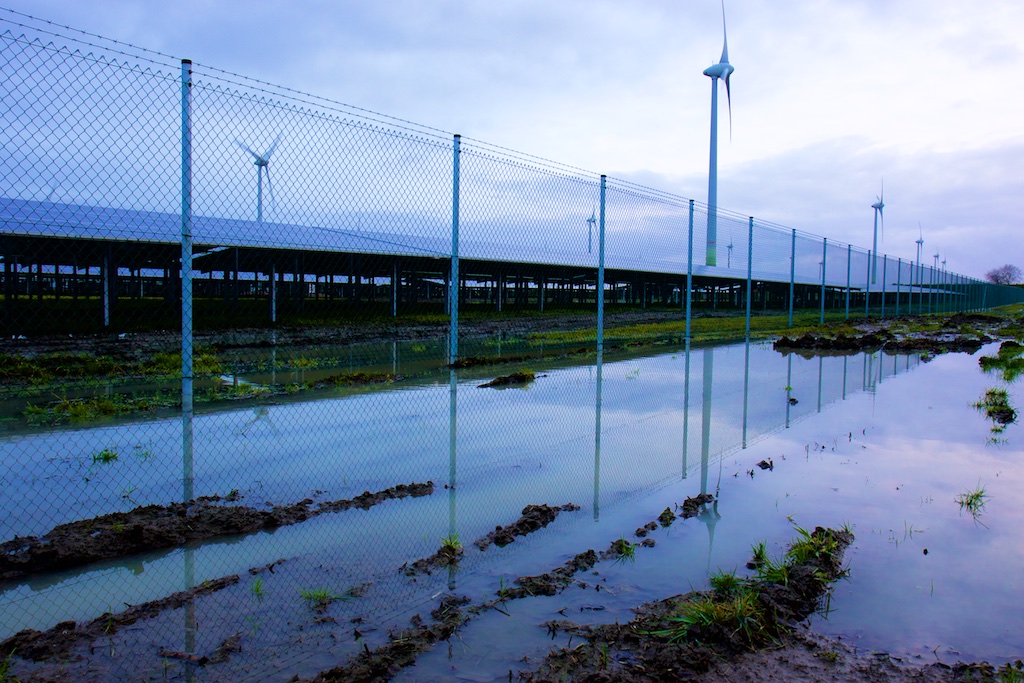
Duurzaam 🙂
For this money that is spent under the guise of ‘climate protection’, one could also buy 24 thousand hectares of land for nature restoration. At a price of 50 thousand euro’s per hectare, the current market rate for agricultural lands. Most Dutch forest areas are now under heavy commercial exploitation, also the forest owned by the public funded (86 million euro’s) ’nature organisation’ State Forestry Service. In The Netherlands only 3000 hectares (1%) is now ‘un-managed’ Forest-reserve since 1987.
In my presentation we see 5 of many current examples, where ‘The End of Nature Conservation’ is legitimised by ‘green’ NGO’s, funded by government- in the name of ‘Climate’ and ‘Green Energy’. All ‘green’ NGO’s and their lobby-coalition in The Hague (the Green 11) – including Dutch Society for Protection of Birds Bird (Vogelbescherming)- supported the ‘Energy Deal’ of 2013. This ‘Deal for sustainable growth’ ordered the development of an extra 4000MW of windfarms on land and 6000 MW at sea.